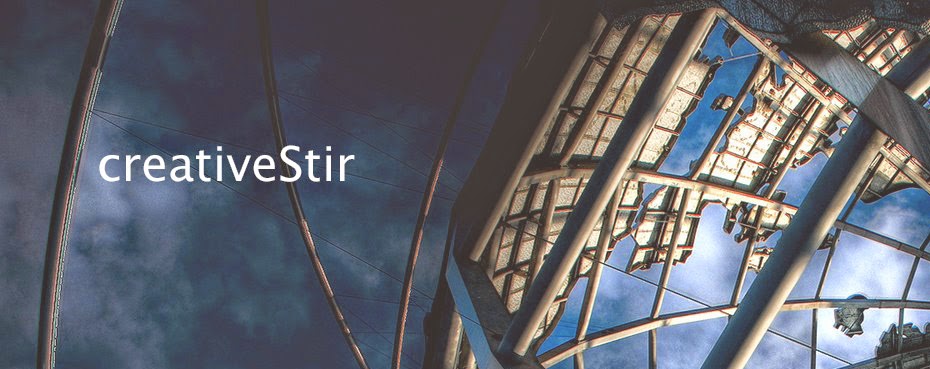Here's a project I'd do with students based on an article (that I read today)... an analyze this sort.
Watch this video from Dan Pallota called 'The Way We Think About Charities is Dead Wrong':
http://www.ted.com/talks/
We'd debate.
Then read this article from CNN called 'The Worst Charities':
http://www.cnn.com/2013/06/12/
We'd debate, again.
I'd ask students if they think we could contact Dan Pollata (from the video). Could we ask him to read the article from CNN, and enter into a discussion with us on his opinions and his opinions on the article citings? What are there thoughts on how this might go? What questions should we ask? What should (and shouldn't) we say?
How about contacting other non-profits to see how they spend money?
Then we'd debate, yet again.
Then I'd ask them to show... Based on what we discovered, what charity would you give money to? Why? What's important in making that decision? What are your thoughts on raising awareness vs how much money is transferred? Is there a balance? Which charities in your opinion are you most comfortable with in how they allocate their money? Give examples... find them and tell us why.
Stage it well. Class debates, small groups, individual research, etc. Assess to build skills in: Un-biased research. Build communication, collaboration, and presentation skills... as part of exploring something much larger, and very important.
At least that's my thoughts on it after thinking this over for 15 minutes and writing it up here ; ) Before I worked on it with students, I'd also run it by some peers and listen to their opinions. Add, move, and subtract based on what I heard.
Nothing like a good challenge.
It's a complex world we live in. We must promote inquiry in education to help people understand it.
Watch this video from Dan Pallota called 'The Way We Think About Charities is Dead Wrong':
http://www.ted.com/talks/
We'd debate.
Then read this article from CNN called 'The Worst Charities':
http://www.cnn.com/2013/06/12/
We'd debate, again.
I'd ask students to fact check the article. Could we find other sources? Contact the companies themselves? The IRS? All of the above? When would we have enough evidence to feel confident?
I'd ask students if they think we could contact Dan Pollata (from the video). Could we ask him to read the article from CNN, and enter into a discussion with us on his opinions and his opinions on the article citings? What are there thoughts on how this might go? What questions should we ask? What should (and shouldn't) we say?
How about contacting other non-profits to see how they spend money?
Then we'd debate, yet again.
Then I'd ask them to show... Based on what we discovered, what charity would you give money to? Why? What's important in making that decision? What are your thoughts on raising awareness vs how much money is transferred? Is there a balance? Which charities in your opinion are you most comfortable with in how they allocate their money? Give examples... find them and tell us why.
Stage it well. Class debates, small groups, individual research, etc. Assess to build skills in: Un-biased research. Build communication, collaboration, and presentation skills... as part of exploring something much larger, and very important.
At least that's my thoughts on it after thinking this over for 15 minutes and writing it up here ; ) Before I worked on it with students, I'd also run it by some peers and listen to their opinions. Add, move, and subtract based on what I heard.
Nothing like a good challenge.
It's a complex world we live in. We must promote inquiry in education to help people understand it.
